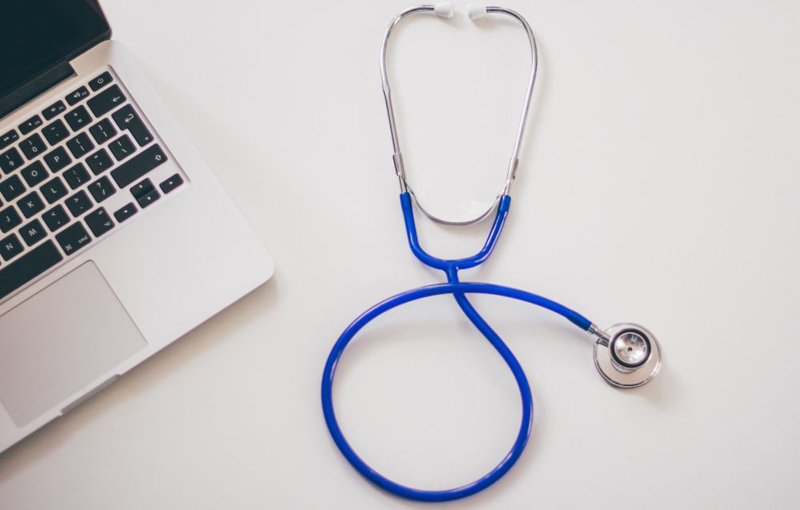
By Patricia B. Mirasol
Data is crucial in effective decision-making, especially when tackling healthcare issues such as the novel coronavirus. Getting individuals to participate in an ecosystem of sharing data, however, is not that simple. To gain public trust, the Korea Centers for Disease Control and Prevention (KCDC) implemented key principles to protect the citizens’ data privacy.
“They announced that they collect only the minimum data needed and then deleted it afterwards,” said Tai Myoung Chung, a professor in South Korea’s Sungkyunkwan University, in a recent discussion on healthcare data. “Secondly, prior approval is needed before investigators can access private data. Thirdly, a security clearance is necessary for officials of both the KCDC and local government. Lastly, they use all kinds of model security solutions by security experts.”
South Korea, he added, invested US$240 million in a Data Dam project that collects and integrates information provided by both public and private sectors to manufacture useful data that can be shared via 5G networks. More than 5,000 companies and organizations are part of the project.
ADDRESSING DATA CONCERNS
Healthcare analytics has the potential to reduce the cost of treatment, predict outcomes of epidemics, and minimize the incidence of preventable diseases. From filing systems to smart wearables, the data the world collects slowly paint future forms of healthcare. Apart from data privacy, additional questions about data accuracy, standardization of data collection, and collaboration across borders need to be addressed in order to maximize this resource.
Gourish Singla, co-founder of London-based bioinformatics and data discovery platform Shivom, said that COVID-19 made everyone more open to collaborate and share data and resources. “One good thing that came out from this pandemic is that it brought the world together for sure. Everyone understands that [collaboration] will help us expedite solutions,” said Mr. Singla.
Shivom, which operates at the intersection of healthcare and blockchain technology, had to figure out how to aggregate genetic data–a difficult undertaking because of the privacy aspect. “Aggregating data was fragmented because biobanks and companies were reluctant to retain control of their data. We use blockchain, which is a revolutionary technology that allows you to share data as well as retain control of it. That has been a game changer.”
THE INTEROPERABILITY QUESTION
Both resource persons agreed on the importance of the government’s role in data access and management. “There’s so much data lying in government hospitals,” Mr. Singla said. “I think the first step will be digitizing the data and establishing protocols to determine its accuracy. The government is a key stakeholder. Interoperability will also be a key part. It’s the next step after the digitization of data.”
Sungkyunkwan University’s Mr. Chung, whose research is focused on data security and digital therapeutics, said that sharing data is beneficial but that an earnest discussion is necessary before interoperability across country borders can be realistically implemented.
“If we have a standard for data collection interoperability, will it be freely accessible to anonymous stakeholders? Data itself is the money,” he said. “Are countries willing to exchange data with other countries? We have an open-source community but I don’t see any open-data community yet.”
